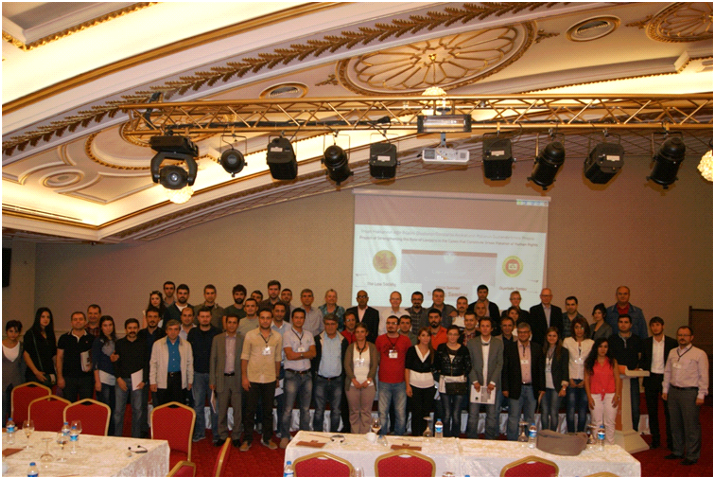
News & Briefings

Orders Need to Suit the Facts
Roger Sahota writes for the Law Society Gazette Opinion Column Reports that 16 of Britain’s most high-profile offenders still owe £126m in unpaid confiscation orders will not surprise anyone with an interest in financial crime.

Waya – What if the Minority View had Prevailed?
The Supreme Court’s (SC) judgment in Waya ([2013] 1 A.C. 294) has been rightly lauded as a landmark decision in the field of post-conviction confiscation. It concerned a mortgage fraud which is dealt with below.

Public Accounts Committee Scrutinises Confiscation Enforcement Record
Margaret Hodge lived up to her fearsome reputation yesterday by savaging officials from the Home Office, the Director of Public Prosecutions and the Head of the National Crime Agency during questioning before the Public Accounts Committee on the subject of Confiscation Orders writes Roger Sahota.

Does the Confiscation System Cost More Than It Delivers?
Largely overlooked in the coverage of the National Audit Office’s (NAO) report on Confiscation Orders (17 December 2013) is the NAO’s findings on the impact of sending offenders who cannot pay their orders to prison, writes Roger Sahota.

Is Our Confiscation System Broken?
Confiscation orders are in the headlines again. The National Audit Office report published on the 17 December 2013 makes depressing yet familiar reading.

I have just returned from organising the International Advocacy Course of the Human Rights Committee of the Law Society from the 3rd to 6th October 2013 in Diyabakir, Turkey.

The Limits of Proportionality 1
The Supreme Court’s (SC) judgment in Waya ([2013] 1 A.C. 294) has been rightly lauded as a landmark decision in the field of post-conviction confiscation, writes Roger Sahota in the second of a series of articles considering the impact of the case.

Waya 1 - A Novel and Imaginative Development of the Law
The Supreme Court’s (SC) judgment in Waya ([2013] 1 A.C. 294) has been rightly lauded as a landmark decision in the field of post-conviction confiscation, writes Roger Sahota in the first in a series of articles considering the impact of the case.
